Fall is the perfect time for a new furnace
It’s a cold evening in winter, and you’ve just heard a terrible sound coming from the attic as the heating shuts off. Yes, your very old furnace just died, and probably for good. You’ll need to call Vasi to have our team install a new furnace.
But, waiting for your old system to die before replacing it can actually cost you a lot of money. In this blog post, we’ll review why it’s sometimes better to make the decision to purchase a new furnace after your old one gets to a certain age.
It’s unfortunate, but the saying is true: nothing lasts forever. Even if you had maintaining your furnace every year, used it sparingly, and were lucky to have it live into its 20s without major problems, you’re still going to want to replace it. Here’s why.
For good reason, we have a mentality that it’s better to wait for something to die before replacing it. In most cases, this is a good way to look at things: upkeep and repair can save you money compared to replacing an item. However, furnaces are not one-time costs like most other items. Instead, through your heating bills, you continually pay to operate a furnace. This makes a furnace a lot more like a car—which requires gasoline and maintenance—than a clock or a door handle.
Furnaces manufactured 10, 15, or even 20 years ago are far less efficient than those made today. Not only is the technology they’re using older, but they also have had decades of wear-and-tear on system parts, and just aren’t performing like they did right after install. An aging furnace will continue to become less and less efficient as it ages.
This means that every month you delay upgrading to a new furnace, your old one is essentially costing you more and more on your energy bills . A broken door handle won’t charge you every month. Through your gas or electric bills, an aging furnace will.
The greater the mileage, the more frequent the breakdowns
Your older furnace can cost you in other ways. First, an aging heating system is more likely to break down or need repairs, especially while in use during the winter. Not only will that leave you temporarily without heat until 247 Local HVAC. can help you with furnace repair, but it will also start to add up in costs. Also consider that most manufacturer’s warranties expire after the 10 year mark, and you could be facing a situation where you have to keep throwing money at your old furnace just to keep it running.
A new furnace can save you money
At some point, a new furnace just makes economic sense. The cost of the system and professional installation is a one-time cost, and you’ll start to recoup that investment through your savings on energy and not having to pay for repairs (mostly by not needing repair, but also because you’ll have a new warranty that covers some repair costs).
Also worth considering: many state, federal, and private utility tax credits are available to homeowners who upgrade from an older system to a new furnace. This credits can help you defray the cost of purchasing a new system.
Why upgrade to a new furnace now?
Fall is a great time to swap out your old system for a new furnace. First, your furnace isn’t in heavy use (or, any use) yet, which means that you won’t have a period of time between removal and replacement where your home will be cold. Second, since you haven’t turned on the furnace for the season, you’ll be maximizing your energy savings with a new system, since your new energy-efficient furnace will be doing 100% of your heating this winter.
If you’ve been delaying the move to change out your old furnace, let 247 Local HVAC. help you out this autumn. To get started on a free estimate from Vasi, contact us today.
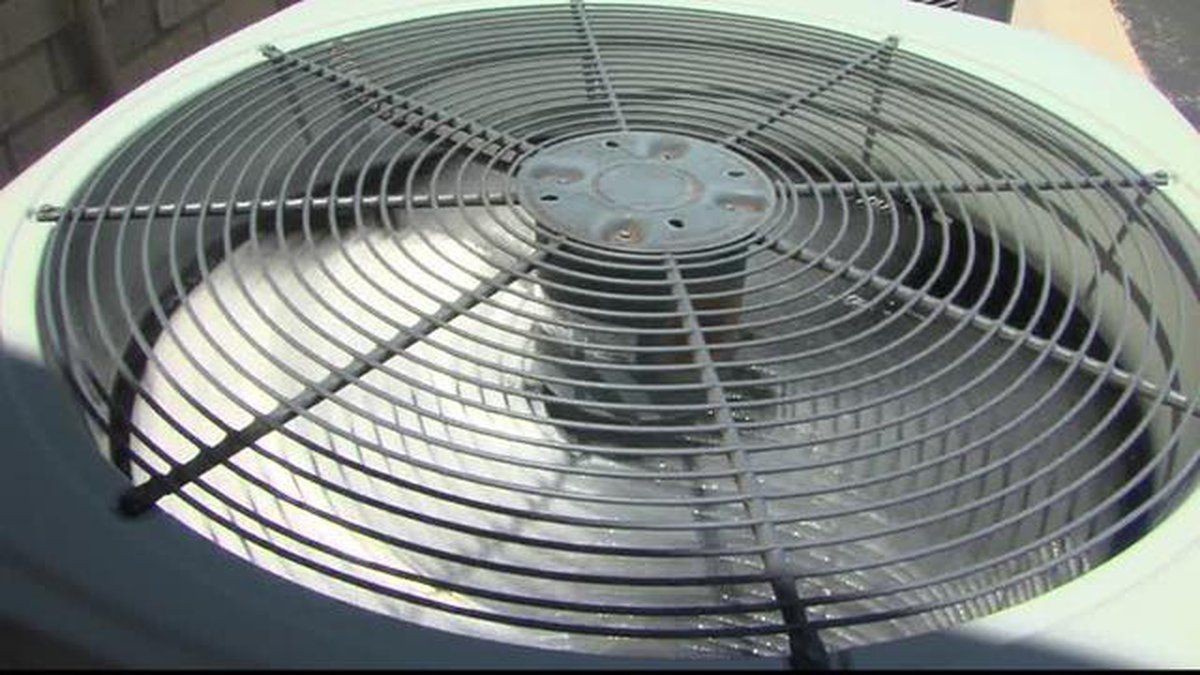

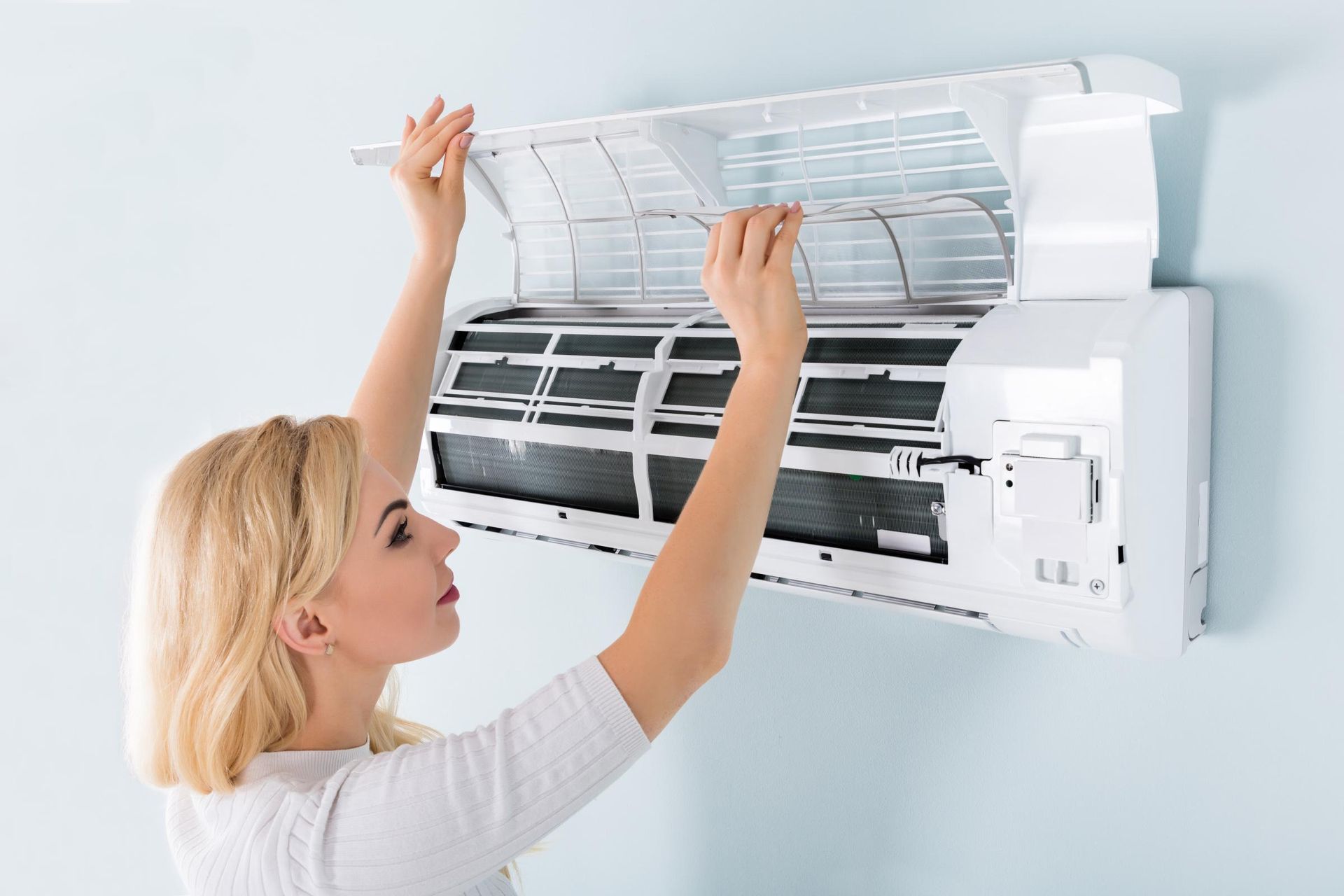
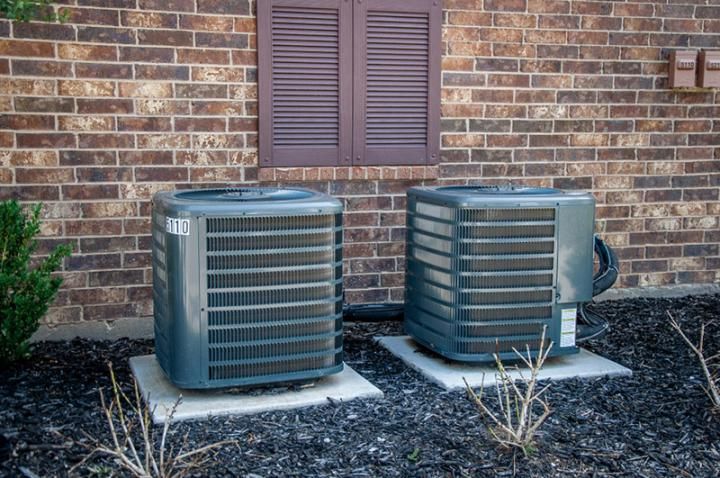

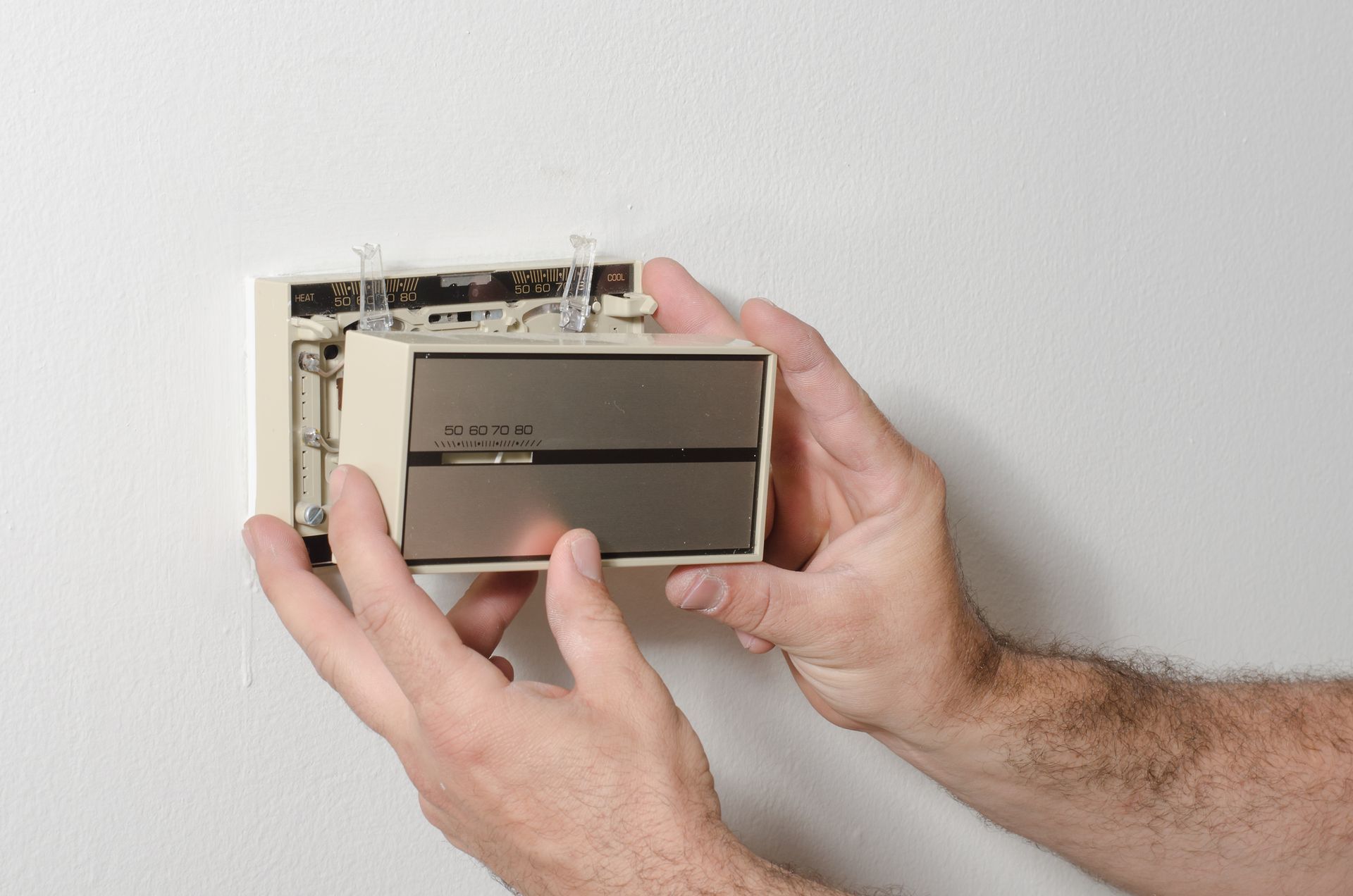

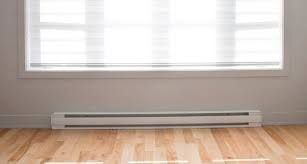
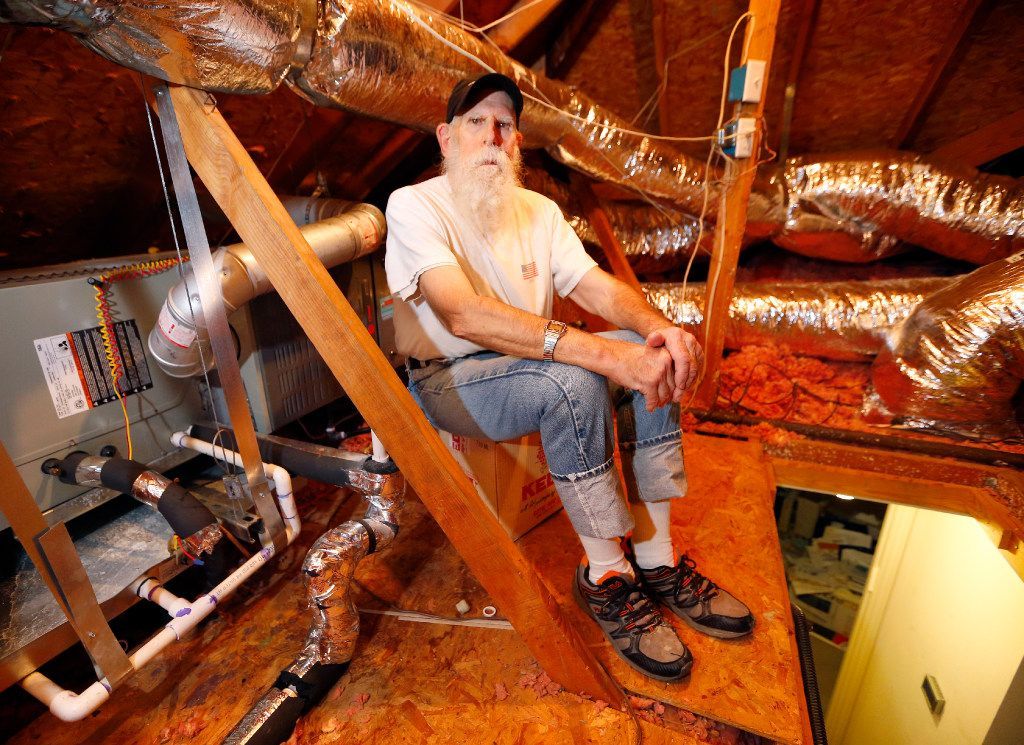

At 24/7 Local HVAC, we specialize in facilitating connections with top-tier HVAC professionals. Our focus is on bridging the gap between you and reputable HVAC companies operating within your local vicinity. It's important to emphasize that each of these HVAC entities functions independently and autonomously.
We firmly place the onus on every individual user to meticulously verify that any selected HVAC company aligns with the mandated licensing and insurance prerequisites stipulated by the governing authorities in their respective jurisdiction.
Furthermore, it's worth noting that our services may regrettably not cover all geographical areas. In instances where our services are available, the scope of offerings could potentially differ based on the composition of service providers present within that particular region.

